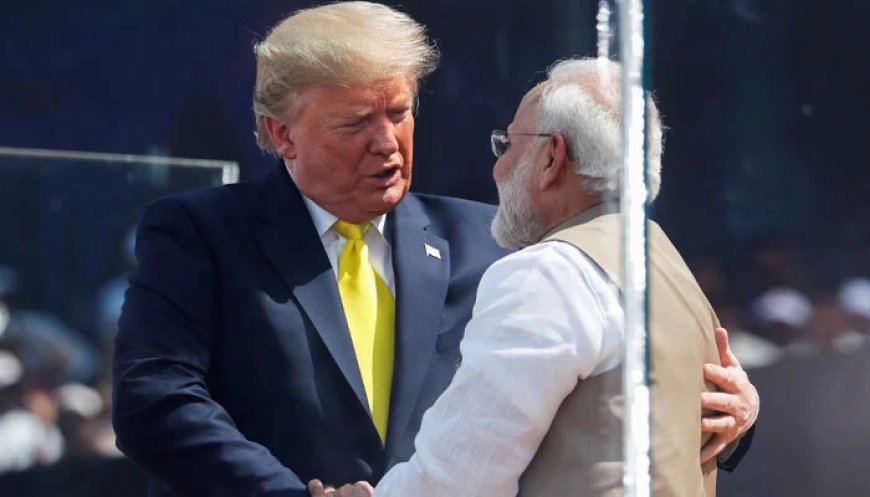Amid Trump tariff threats: India cuts import duty on US bikes, cars in boost to Harley, Tesla

1. “We are looking to strengthen foundation of Indian economy," says Finance Minister Nirmala Sitharaman
India Cuts Import Duties on Luxury Vehicles, EV Batteries, and Smartphones Amid US Trade Tensions
NEW DELHI: India’s Union Budget 2025-26 has significantly reduced customs duties on high-end motorcycles, luxury cars, and smartphone components—a move that appears to benefit American companies like Harley-Davidson, Tesla, and Apple. This decision comes after US President Donald Trump criticized New Delhi as a “tremendous tariff maker.”
However, Finance Minister Nirmala Sitharaman clarified that the duty reductions were not a response to Trump’s tariff policies but rather part of India's strategy to strengthen its economy and manufacturing sector. “We are looking at our own economy… to make it a manufacturing hub,” she emphasized.
Key Import Duty Reductions:
- High-End Motorcycles: Import duty on completely built-up (CBU) motorcycles up to 1,600cc is reduced from 50% to 40%.
- Semi-Knocked Down (SKD) Kits: Duty cut from 25% to 20%.
- Completely Knocked Down (CKD) Units: Reduced from 15% to 10%.
- Luxury Cars: Tariff on vehicles above $40,000, including station wagons and race cars, slashed from 125% to 70%.
- EV Batteries: Basic customs duties on lithium-ion batteries used in electric vehicles are scrapped entirely.
- Smartphone Components: Customs duty exemptions on 28 items related to mobile phone battery production, benefiting global manufacturers like Apple.
Impact on US Companies & Trade Relations
The tariff cuts particularly favor Harley-Davidson, which has faced long-standing trade disputes over high Indian import duties. The company originally entered India in 2010 under the “mangoes for motorcycles” deal but exited in 2020. It later re-entered the Indian market through a partnership with Hero MotoCorp, which now manufactures and sells the Harley-Davidson 440X.
For Tesla, the removal of EV battery tariffs could pave the way for its entry into India’s growing electric vehicle market. CEO Elon Musk had planned a visit to India in April 2024 but postponed it due to “Tesla obligations.”
Meanwhile, Apple, which holds a 23% share in India’s smartphone market, stands to benefit from lower import costs, reinforcing India's position as the world’s second-largest mobile phone manufacturer.
Geopolitical & Economic Implications
The tariff cuts are seen as a strategic move to ease trade tensions with the US and capitalize on the US-China trade war by expanding India’s role in global supply chains. Amid concerns over Trump’s “America First” trade policies, which include threats of 100% tariffs on BRICS nations, India’s latest import tax reductions may serve as a diplomatic gesture to prevent further trade barriers on Indian exports.
According to a Reuters report, India’s decision to cut import duties reflects its broader strategy to navigate an unpredictable global trade landscape shaped by rising US tariffs and shifting economic alliances.


















































